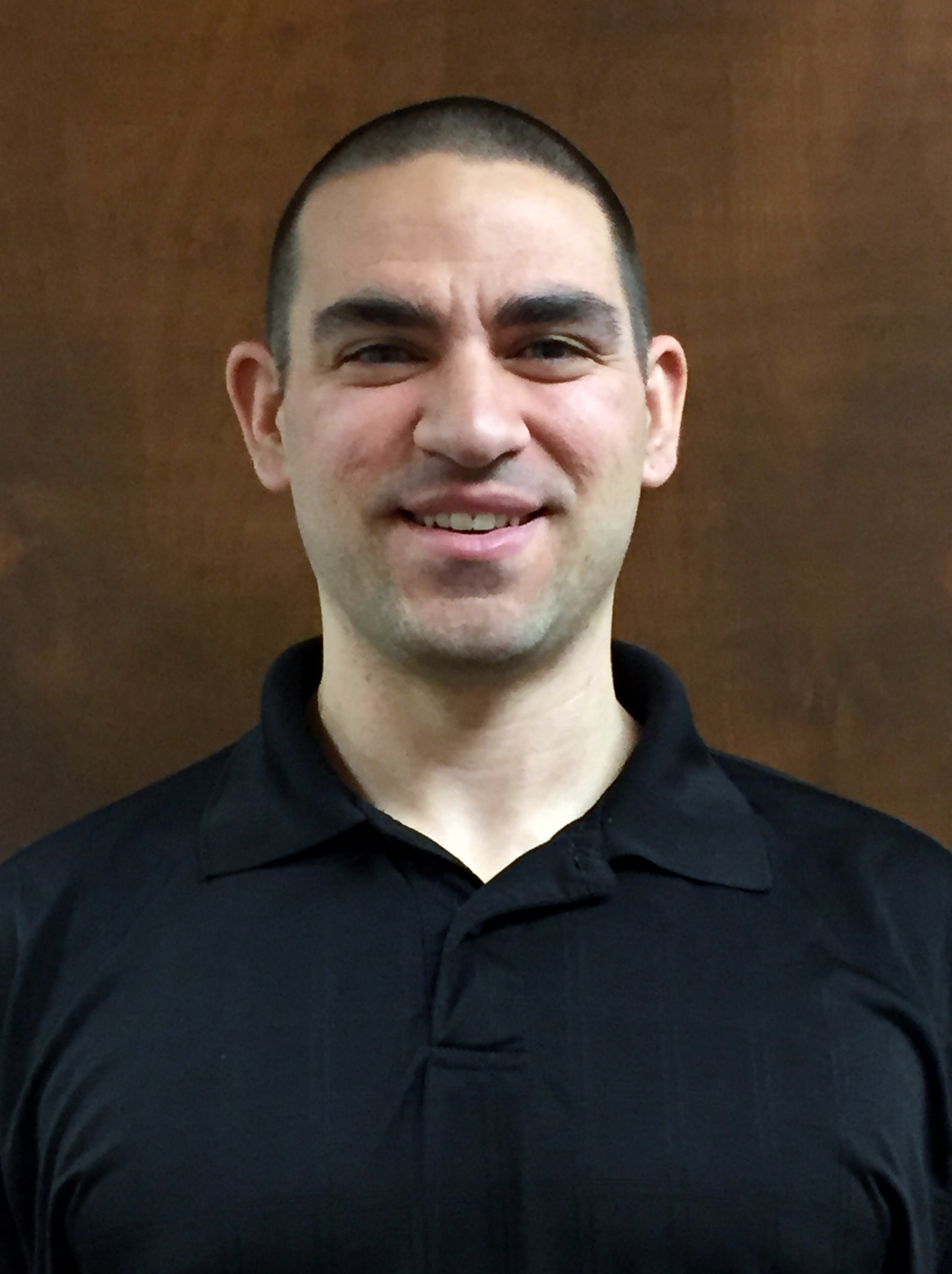Preparing Yourself for A Loved One’s Recovery Posted On
The excitement of a loved one entering into recovery for problem gambling can feel overwhelming. Knowing that they’re beginning to accept the need for change, feeling the hope for a new beginning, and the anxiety of not knowing what to expect, among many other feelings, may all happen at the same time.
What Does Recovery Look Like?
Recovery can look different for everyone. Reasons for entering into recovery can be different for everyone. They may be entering for themselves, for family, to improve their careers, some or all of these and perhaps other reasons too. There is no cookie-cutter set of reasons why someone enters into recovery.
Depending on the person, their social support, and the type of help they seek, the path to recovery can be very different. Some people enter into recovery by reading self-help books, some join 12-step support groups like Gamblers Anonymous, some seek clinical or impatient treatment, and some seek a combination of the three. Just like the reasons for entering into recovery, there is no cookie-cutter path or list of steps for recovery, either. Each path is unique and specific to each person.
The one thing people can expect from recovery is the rollercoaster ride it brings to everyone involved. Just like rollercoasters, they can be extremely exciting and welcome many people to participate, but there will be highs and lows, there will be moments where time seems to fly by and moments when the ride seems endless. The important thing to remember is that there’s never one person keeping the ride going. Just like a roller coaster has a ride controller, a person or group inspecting and keeping the ride updated, and a person or group who own and pay for the ride, the path to recovery will require support from many different people. From the person entering into recovery, to the external help of resources like clinicians, to the support of loved ones, the support system becomes the recovery team.
What Can Loved Ones Do To Prepare For Recovery?
Learn more about recovery. Find resources such as our eBook Understanding Problem Gambling to learn as much about what your loved one went through during their struggle with problem gambling, and Staying Safe After Problem Gambling to see what struggles they may find in recovery. You can find research about recovery, and stories of people’s path of recovery, but the most important thing is to learn as much as you can.
Plan accordingly. Make plans for events by assessing whether or not there will be gambling opportunities. Decide if this is an event everyone should go to, perhaps you can go but not the person in recovery, or if the event is something that will be avoided by all. Make plans for events that may trigger gambling and the best way to support your loved one in those moments.
Seek help if needed. There are many resources to help a person entering into recovery, but there are also resources available to their loved ones. As a loved one, you will experience change, you’ll hear stories and truths that may be upsetting, and you will experience a rollercoaster of feelings. Organizations like GAMANON offer 12-step support groups for the loved ones of those struggling or in recovery from problem gambling. Some loved ones to a person in recovery seek clinical treatment for themselves as they sort through their feelings and the changes. This allows them to be a stronger support for their loved one, while taking care of their own mental health in the process. For additional help, contact the NYS HOPEline at 1-877-8-HOPENY (or 1-877-846-7369).
The most important thing to take away from this article is that although recovery will bring change and challenges, it can be a rewarding path that leads to a better life for all. During National Recovery Awareness Month, take the time to soak in all the information you can about all types of recovery to prepare yourself and family to support your loved one who’s entering recovery; and don’t forget to take care of yourself, too!

